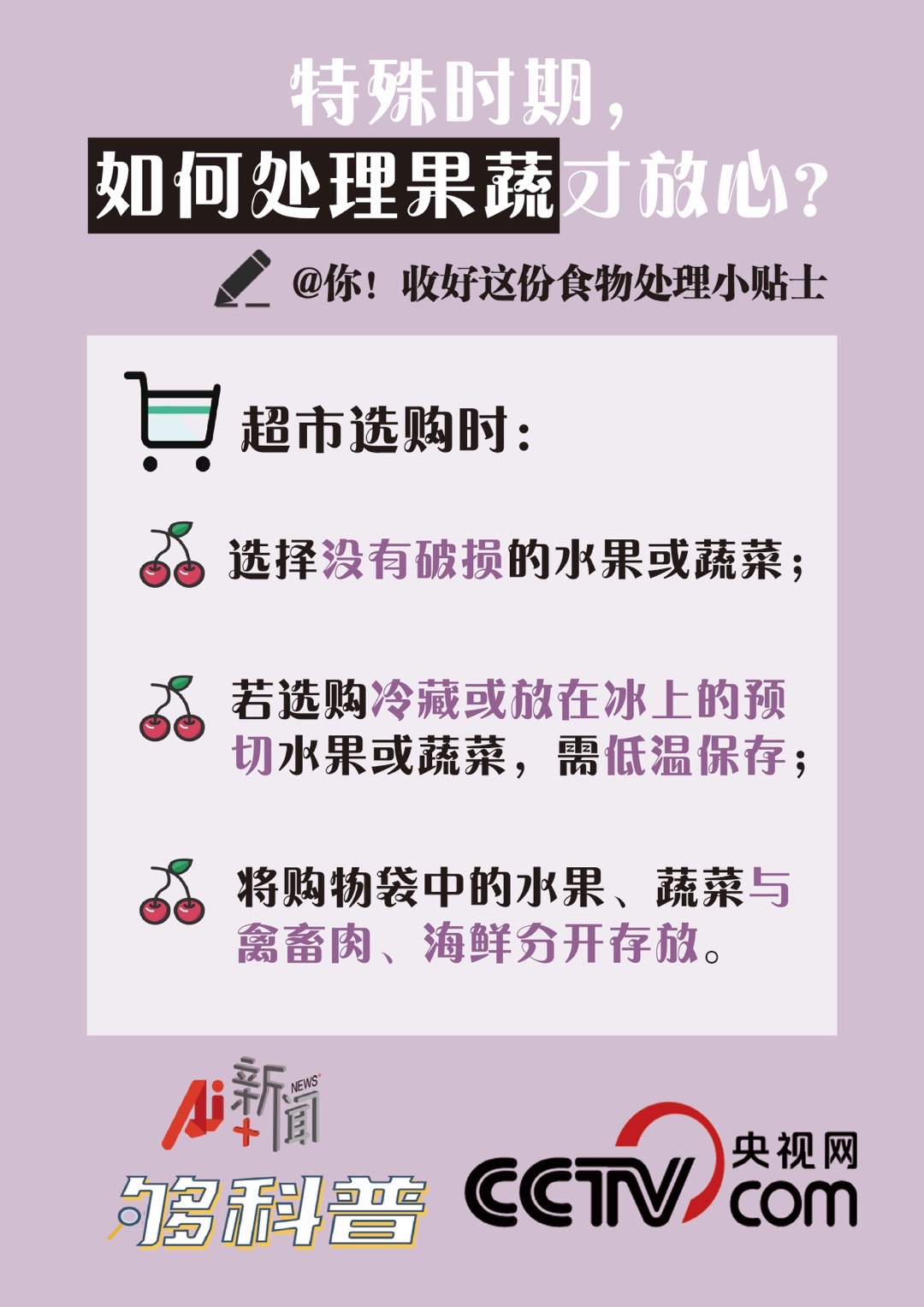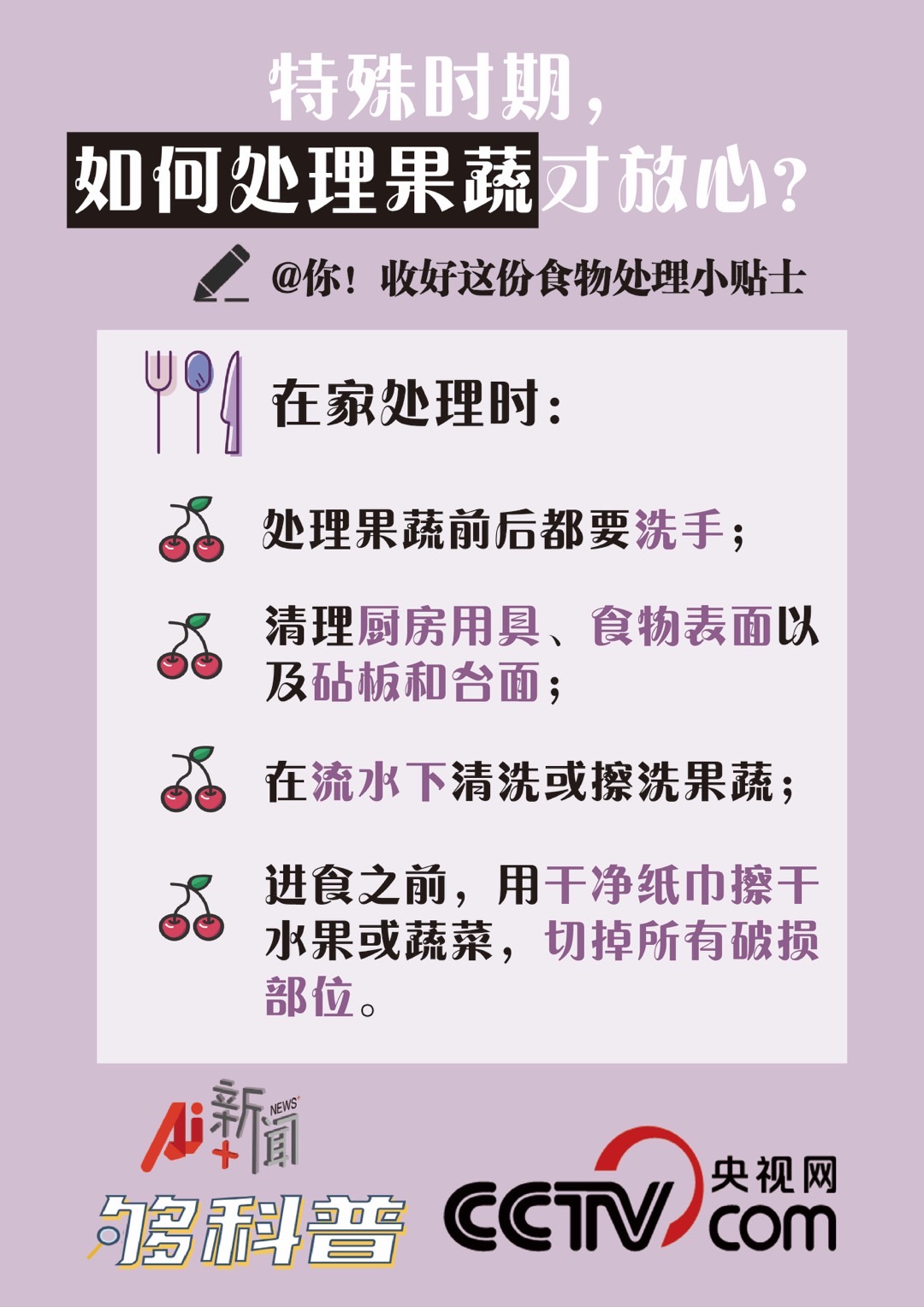How to deal with imported fruits when imported cherries are positive?
CCTV News:Following Wuxi, Jiangsu Province, cherries imported from a vegetable wholesale market in Shijiazhuang have also tested positive for nucleic acid recently. Shijiazhuang Municipal Market Supervision Administration issued the "Emergency Notice on Suspending Imported Fruits in the City". From January 24th, the food production and business operation units in Shijiazhuang suspended the purchase of imported fruits. The county market supervision and management bureaus carry out comprehensive investigations on the enterprises that store, process, produce and sell imported fruits within their respective jurisdictions, and all the imported fruits sold on shelves in the whole city shall be sealed off the shelves, and all the imported fruits in existing stocks shall be sealed on the spot.
Although Shijiazhuang officially announced on January 25th that after re-inspection of relevant products and personnel, the test results were all negative, and no COVID-19 virus was found. As soon as the news that many imported cherries were positive came out, many consumers were worried that imported cherries could still be eaten with confidence. What does it mean that its nucleic acid test is positive?
Wu Zunyou, chief epidemiologist of China CDC, said that nucleic acid positivity is not the same as infectivity: on the one hand, the temperature of preserved fruits is higher than that of frozen fish and other foods, and the virus has a short survival time at the temperature of preserved fruits; On the other hand, the nucleic acid test is positive, which may be a live virus or a dead virus or virus fragment, and it is not necessarily contagious. Wu Zunyou reminded that as long as you pay attention to hand hygiene and wash with running water before eating fruit, there should be no risk of infection.
Feng Zijian, deputy director of the China Center for Disease Control and Prevention, also said that positive detection does not mean infection with the virus. "It depends on the amount of pollution, and whether the polluted virus is active." Take Wuxi as an example. The imported cherries in Wuxi are positive for nucleic acid, and the virus load is very low, which will not cause too much infection risk to consumers. Feng Zijian said that people engaged in food processing or handling were infected before because they had been exposed to the virus for a long time and many times. For consumers, imported fruits generally do not cause infection, and they can be safely eaten after cleaning.


